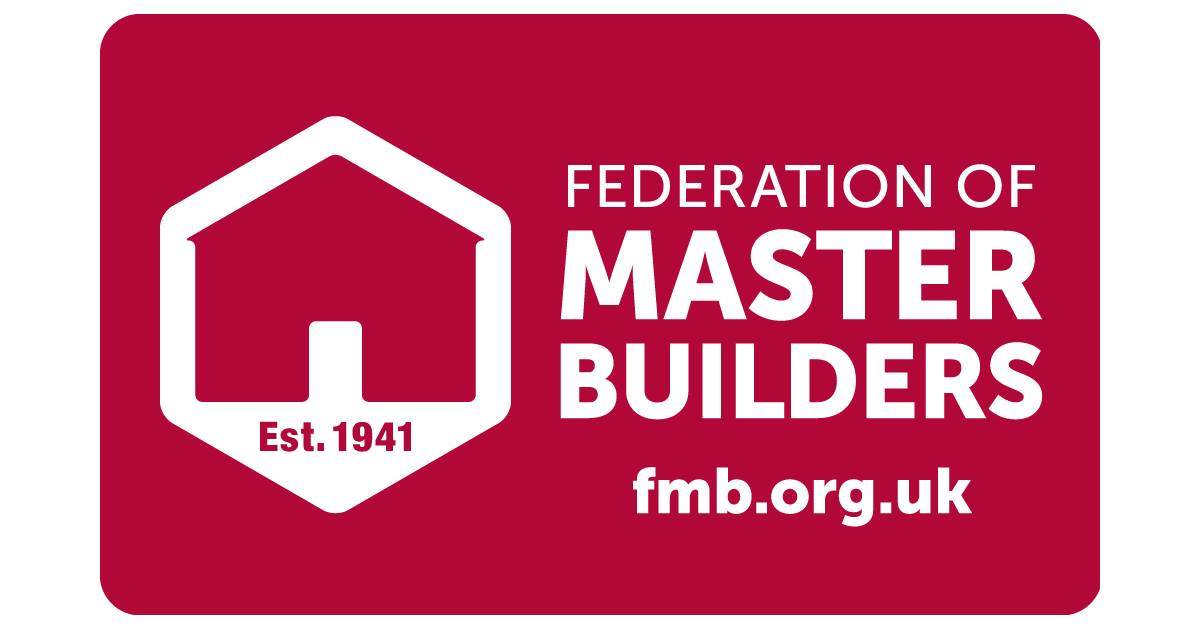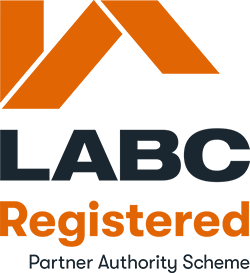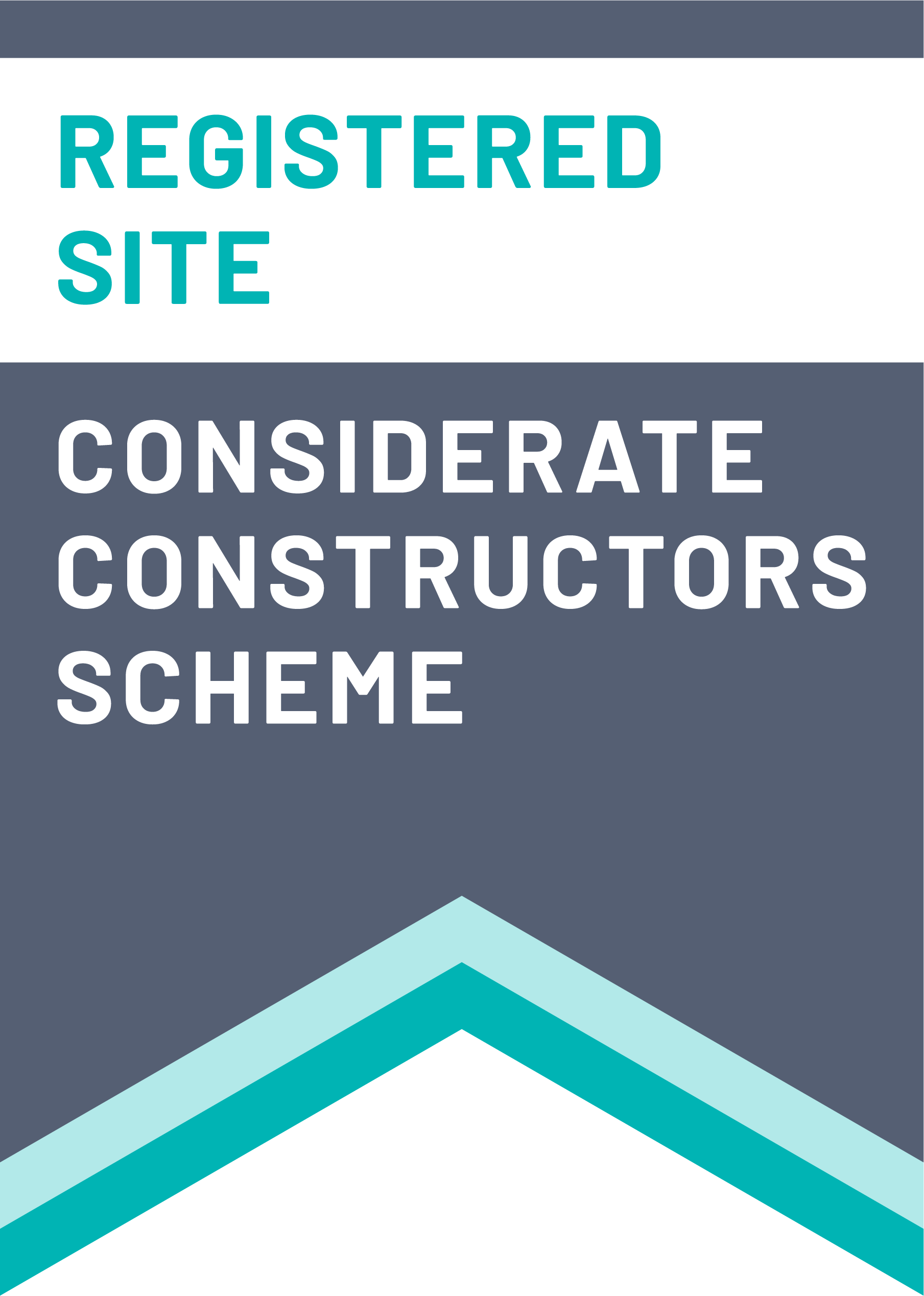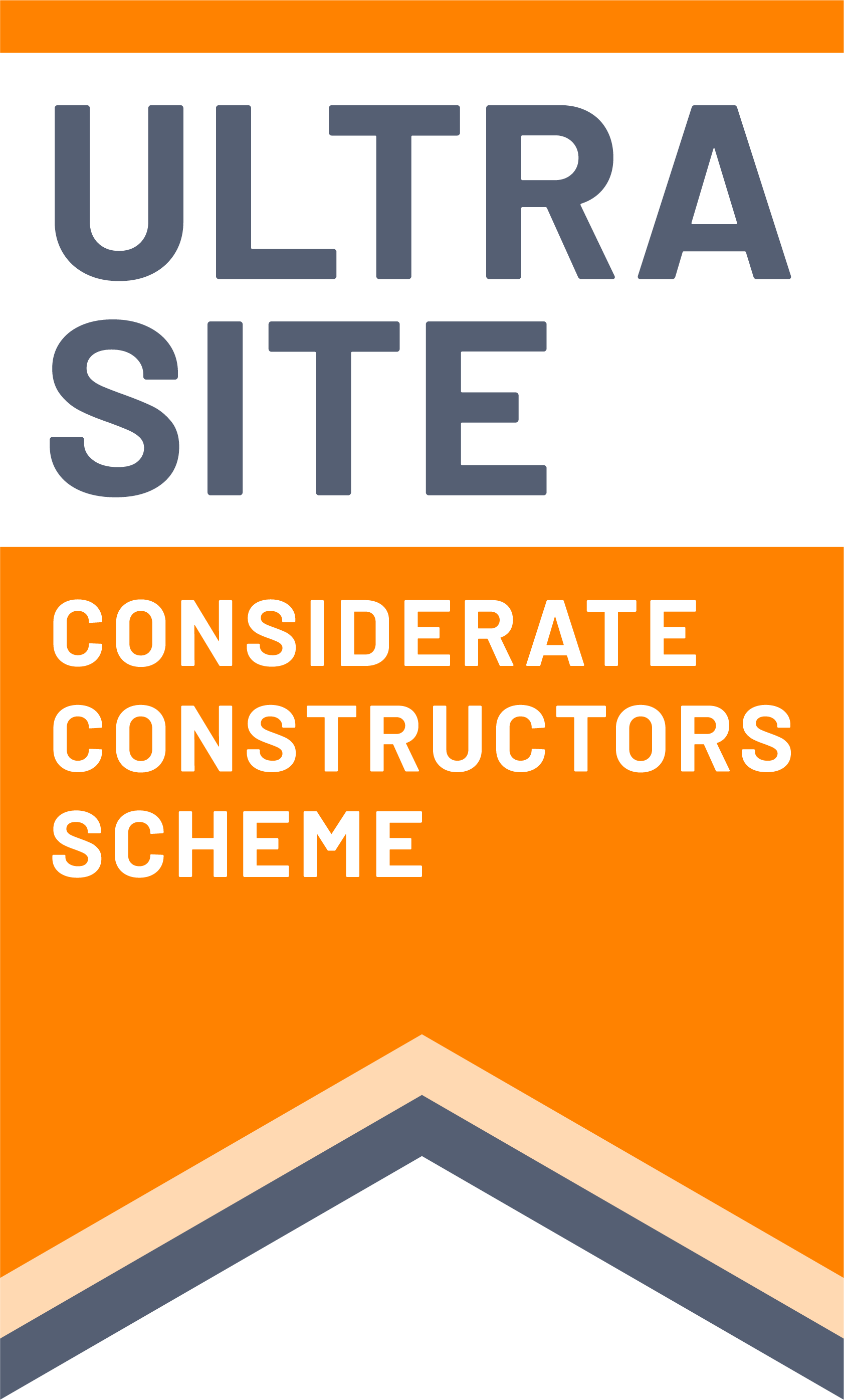Dormer, Velux and Gable-end Loft Conversions
One of the reasons why homeowners are deciding to improve rather than move is that loft conversions rarely need planning permission. While there are circumstances where permission must be sought from the local planning authority, converting loft space into a stunning new floor of living accommodation is usually quite straightforward.
Many homeowners in Brighton and East Sussex say they are confused about planning regulations for loft conversions. That is why we have produced this handy guide. It explains everything you need to know, so that you can decide what type of loft conversion is right for you and your home. Our guide also explains the circumstances in which planning permission must be obtained prior to any work being carried out.
This guide includes information relevant to dormer lofts, velux lofts and gable end lofts.
Permitted Development and Loft Conversions
You didn’t misread the words ‘permitted development’. Loft conversions that do not require a significant extension to the roof space are almost always allowed without the need for planning permission. It doesn’t matter what type of loft conversion you are considering – dormer, velux or gable-end – the rules are pretty much the same. This is all thanks to the Town and Country Planning Act, which was updated in 2015.
Legislation means you can plan your loft conversion and have work carried out quickly, making the process of extending your living space an effortless business. In fact, you can be making use of extra room in your home in a matter of weeks.
If you can’t quite believe your luck, there are a few exceptions. We will explain these later on. In the meantime, you can rest assured that, unless your property is a Listed Building or there are development restrictions in place for the area your property is located in, you can plan a loft conversion that meets the criteria outlined below.
Criteria For Permitted Development Loft Conversions
Additions
Loft conversions with additions of up to 50m³, to the side or rear of the roof, fall under the jurisdiction of permitted development in the case of detached and semi-detached properties.* For terraced homes the volume is less – 40m³. Therefore, if you stick within the volume limits, no planning permission is required. You will not need permission to insert roof lights either.
Note: Permitted development does not include balconies, terraces or any other form of raised platform, such as a veranda. With the exception of hip to gable loft conversions, roof additions should be at least 20cm from the original eaves and should not overhang the wall of the existing property.
Traditional Windows
If you want to install new side-facing windows in your loft conversion, they must have obscured glazing. You can only have opening windows in a loft conversion if they are installed at least 1.7 metres above the loft floor.
Roof Height
You can increase the roof height along the existing roof plane by up to 100mm. This is normally to create space for roof lights or insulation. However, any new roof must not be higher than the highest point of the one it has replaced.
Dormer Windows
Dormer windows must be set in from the verges by 200mm, except on gable-to-gable conversions.
Materials
Materials used must be in keeping with the existing property.
Where Planning Permission For Loft Conversions Is Required
You are likely to need planning permission for a loft conversion if your property is a Listed Building (Listed Building Consent) and/or if your property is in a Conversation Area. This is especially the case for large loft conversions or where alternations to the roof are required.
*Permitted development does not include loft conversions for flats, maisonettes or converted houses. For loft conversions in any of these types of property, you will need to apply for planning permission.
Still not sure if your loft conversion will need planning permission? Contact us for professional, no obligation advice. Email us or call on 01273 539124 for further information.
Return to the latest news page.








